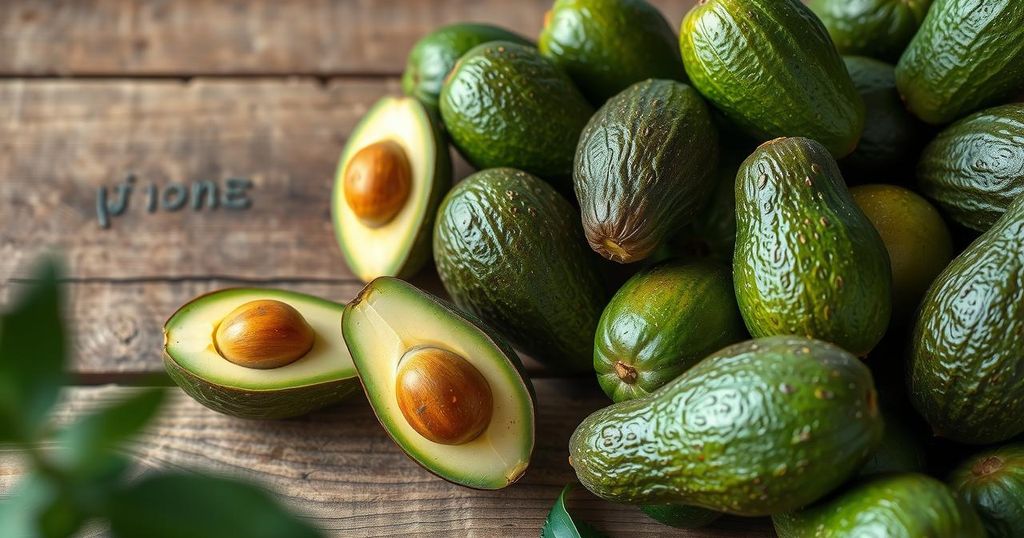Lalit Modi surrendered his Indian passport and acquired Vanuatu citizenship, which was later revoked by the Vanuatu Prime Minister due to renewed scrutiny of his legal status. Vanuatu’s ‘golden passport’ program, allowing swift citizenship for a fee, is attracting many, including Indians, despite facing criticism for potential exploitation by criminal entities.
Lalit Modi, the former founder of the Indian Premier League (IPL), recently surrendered his Indian passport at the Indian High Commission in London. In response, Vanuatu Prime Minister Jotham Napat has ordered the cancellation of the passport issued to Modi. This decision arises amid heightened scrutiny over Modi’s alleged financial irregularities during his tenure as IPL chief.
The official statement from the Republic of Vanuatu indicated that the revocation of Modi’s passport was prompted by new media revelations regarding his wanted status in India. The Prime Minister directed the Citizenship Commission to cancel Modi’s Vanuatu passport, acknowledging recent international media reports.
Vanuatu’s statement further revealed that Interpol had previously rejected India’s requests for a red notice against Modi, citing insufficient judicial evidence. Such an alert would have automatically hindered Modi’s citizenship application in Vanuatu, complicating his situation further.
Modi’s acquisition of Vanuatu citizenship is notable as he has evaded Indian law for 15 years, having fled to the UK amidst allegations of embezzlement. His decision to obtain citizenship from a nation with a population smaller than that of Puducherry highlights his pursuit for security and mobility amid legal challenges.
Vanuatu’s ‘golden passport’ program enables individuals to gain citizenship for a payment of USD 150,000, known for its minimal documentation requirements and quick processing. Applicants can obtain citizenship in merely one month without needing to visit Vanuatu, making it immensely attractive to those in Modi’s position.
This program serves as a substantial revenue source for Vanuatu, contributing approximately 40% to its national income. The nation, classified as one of the poorest globally, managed to report a budget surplus in 2021, largely due to heightened demand for its passports during the COVID-19 pandemic.
A passport from Vanuatu allows visa-free entry to over 120 countries, including the UK and many European nations. Furthermore, Vanuatu is recognized as a tax haven, imposing no income, corporate, or wealth tax, adding to the incentives for individuals seeking citizenship.
Interest in Vanuatu citizenship among Indians and Non-Resident Indians (NRIs) has surged, with approximately 30 Indian-origin individuals acquiring citizenship in recent years. However, the majority of passports issued through this program have been granted to Chinese nationals. Despite its perceived benefits, the golden passport program has been criticized for potentially facilitating access for individuals with dubious financial backgrounds to the UK and European Union.
The revocation of Lalit Modi’s Vanuatu passport represents a significant episode in his ongoing legal troubles linked to financial misconduct in India. The appeal of Vanuatu’s citizenship program, coupled with its minimal entry barriers and advantages such as tax benefits, has made it a popular choice among individuals like Modi facing scrutiny. However, the implications of such citizenship schemes continue to attract concern due to their potential misuse by criminal networks.
Original Source: www.newsx.com




